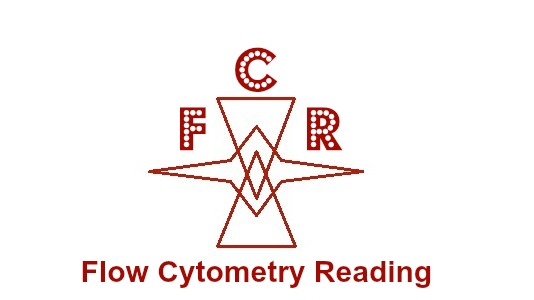Panel of Experts
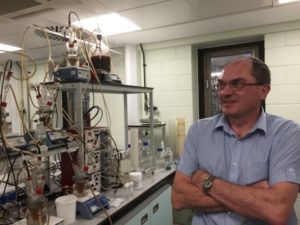
Professor Glenn Gibson
Glenn Gibson
Professor of Food Microbiology,
Head of Food Microbial Sciences
Areas of interest: currently researches acute and chronic gut disease, autism, obesity, novel prebiotics, human metabonomics. Specific projects on pro/prebiotics, the molecular genotyping of gut bacteria, H2S production, gastroenteritis in sportspersons, metabolic syndrome, IBS, IBD, gut flora development with age and colonic homeostasis are being carried out.Gut microbiology, probiotics, prebiotics
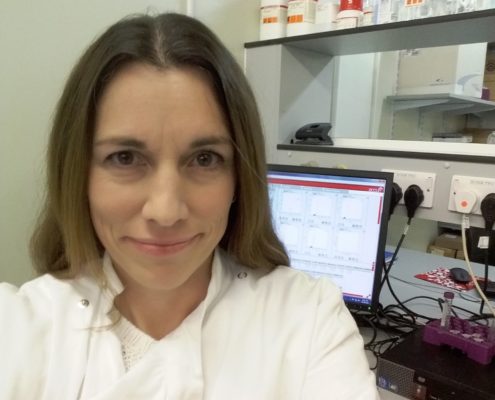
Marie Lewis Ph.D.
Marie Lewis
Associate Professor of Gut Immunology & Microbiology,
Director of FNS Flow Cytometry Services
Research focus is how the intestinal microbiota influences the host system in terms of the development of immune and metabolic phenotype and function, specifically, the immediate and sustained effects of early-life manipulation of both composition and function of the microbiota on long-term ‘programming’ of host physiology. These manipulations include early-life environment, antibiotic therapy, dietary supplementation and nutrition.
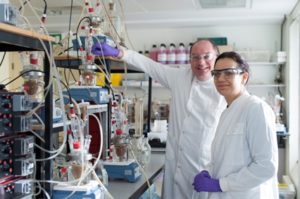
Gemma E. Walton Ph.D.
Gemma E. Walton
Associate Professor in Metagenomics
Research interests include the way in which the bacteria that reside within guts impact on health and disease. Specifically, how the intestinal microbiota can be influenced by nutrition using in vitro gut modelling, amongst other tools, to assess the mechanism by which specific foods and ingredients target the bacterial populations beneficial to human health.
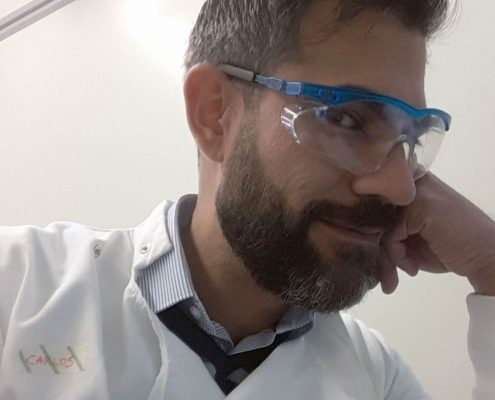
Carlos Poveda Ph.D.
Carlos Poveda
Laboratory Manager & Flow Cytometry Technician
Current research investigation is the potential of products as prebiotics, analysing in vitro changes in bacteria populations by Fluorescence in situ Hybridisation coupled with flow cytometry. Previous research field was mycoplasmology, including in vitro studies of minimal inhibitory concentration against antibiotics and elaboration of autogenous vaccines.
